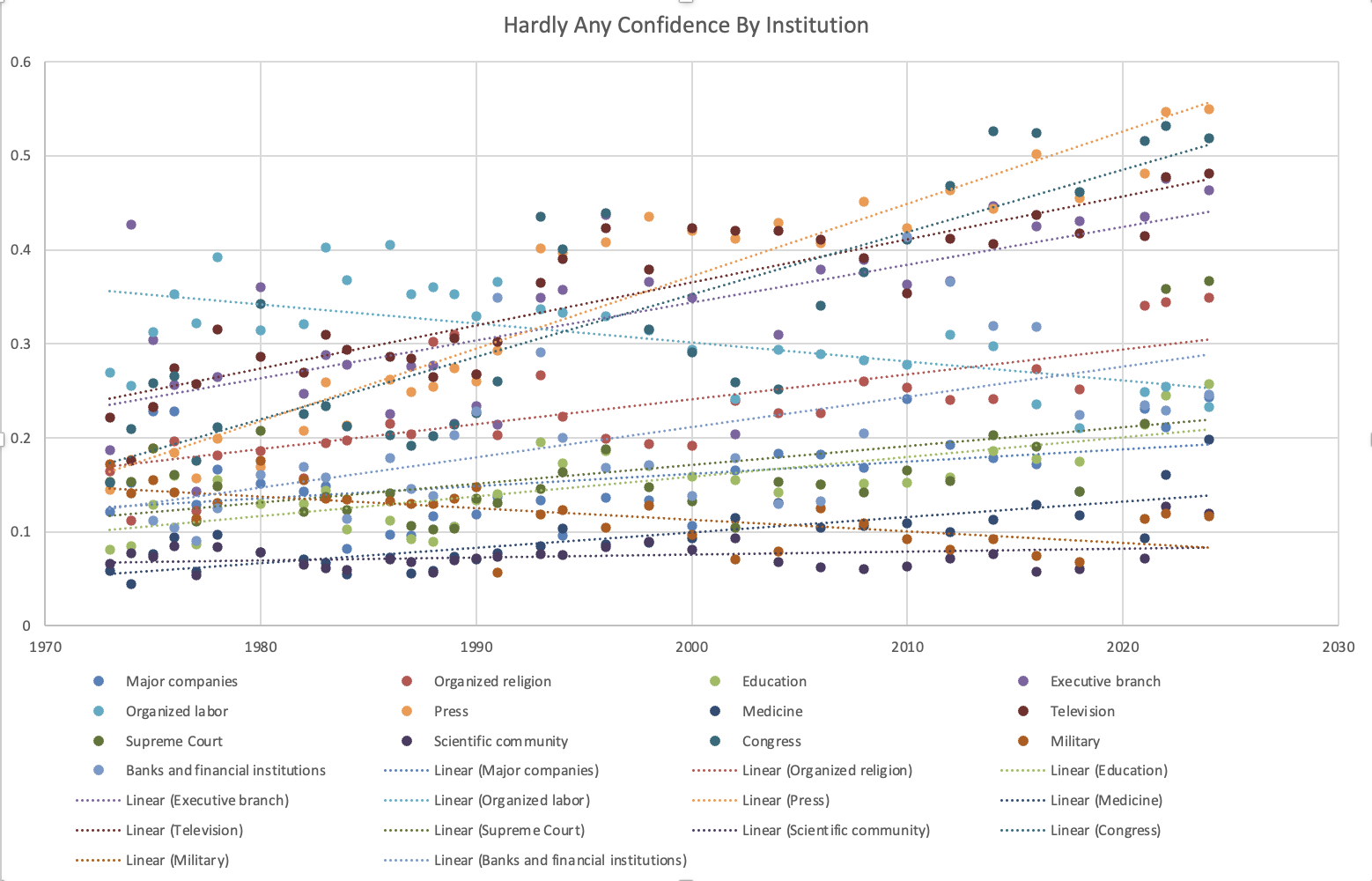-
•
•
3 responses
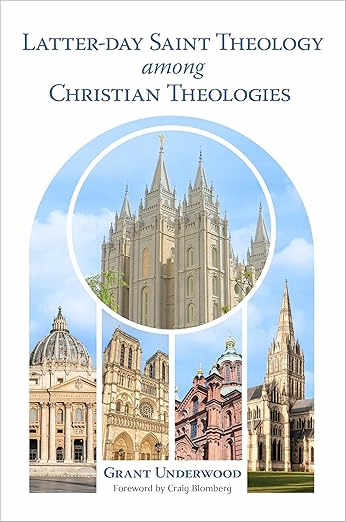
In his landmark 1993 work The Millenarian World of Early Mormonism, Grant Underwood established himself as a scholar of high caliber, capable of articulating the complex historical and theological developments of the Restoration with remarkable clarity. His newest offering, Latter-day Saint Theology among Christian Theologies (published by Eerdmans), represents the culmination of decades of ecumenical dialogue and serious historical inquiry. In this impressive volume, Underwood seeks to move beyond the polemics that have often characterized interfaith comparisons, providing instead a clear-eyed and gracious analysis of how Latter-day Saint thought occupies a legitimate place within the broader Christian landscape. Read More
-
•
•
13 responses

Now that I’m trying to avoid creating AI depictions of deity I feel like a Muslim. The “Quest for the Historical Jesus” is a scholarly endeavor to try to suss out details about Jesus’ life from a naturalistic worldview without any religious priors. Given the extreme scarcity of hard data you have to think deep and hard about what evidence to accept if you’re going to be exclusively relying on standard historical methods, and even then your confidence intervals are going to be huge. It’s kind of interesting and they make some good points, but it all kind of feels… Read More
-
•
•
This Christmas Day marks exactly 100 years since the continent of South America was dedicated for the preaching of the gospel. Today, with millions of members and dozens of temples from Colombia to Tierra del Fuego, it is easy to view this growth as inevitable. But in 1925, when three General Authorities arrived in Buenos Aires to open the mission, success was anything but guaranteed. In fact, their efforts were shadowed by a spectacular failure 70 years prior and initially hampered by a theological assumption that they were looking for the “wrong” kind of people. In a fascinating new interview… Read More
-
•
•
6 responses
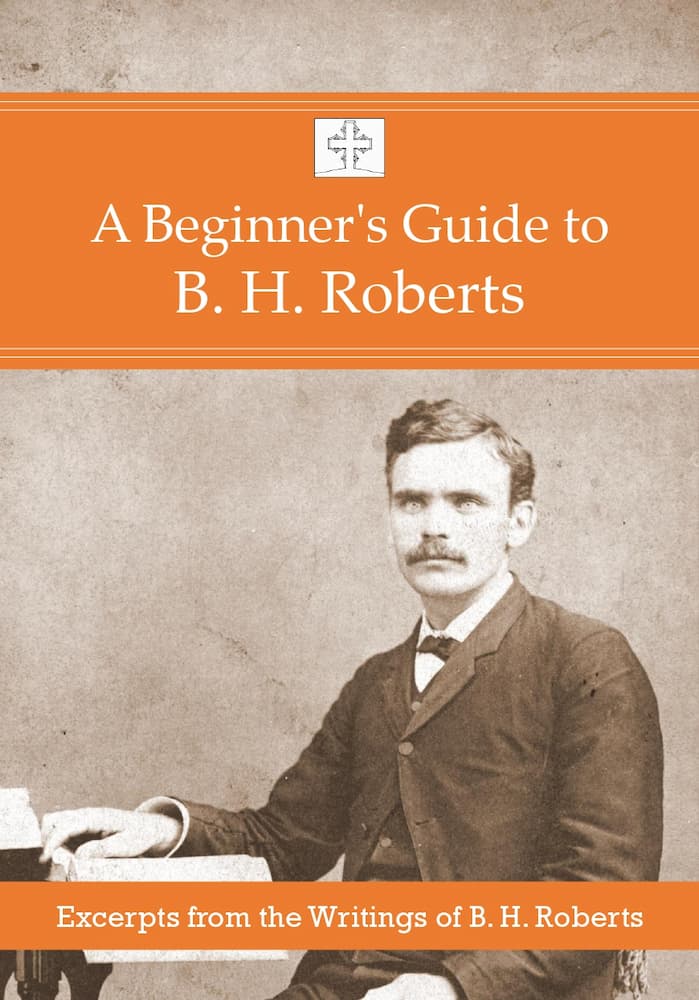
As we settle into the Christmas season, our thoughts often turn to the gifts we can offer our community. In the spirit of the season—and as a small token of appreciation for the vibrant intellectual and spiritual discussions that take place here at Times and Seasons—I want to share a project I’ve been working on: a free online book titled A Beginner’s Guide to B. H. Roberts: Excerpts from the Writings of B. H. Roberts. Read More
-
•
•
19 responses

Years before we moved into my high school ward the bishop there–the classic 1990s Utah conservative curmudgeon type–announced from the stand (I imagine as parents were quickly trying to shield their children’s ears) that Santa Claus was not real and that parents should not lie to their kids. The man has since passed away, but he is an absolute legend to this day. While I find acting as some kind of mythbuster holiday edition without parental permission problematic, we do not in fact do Santa Claus in our house. This is in no way to cast judgment on those who… Read More
-
•
•
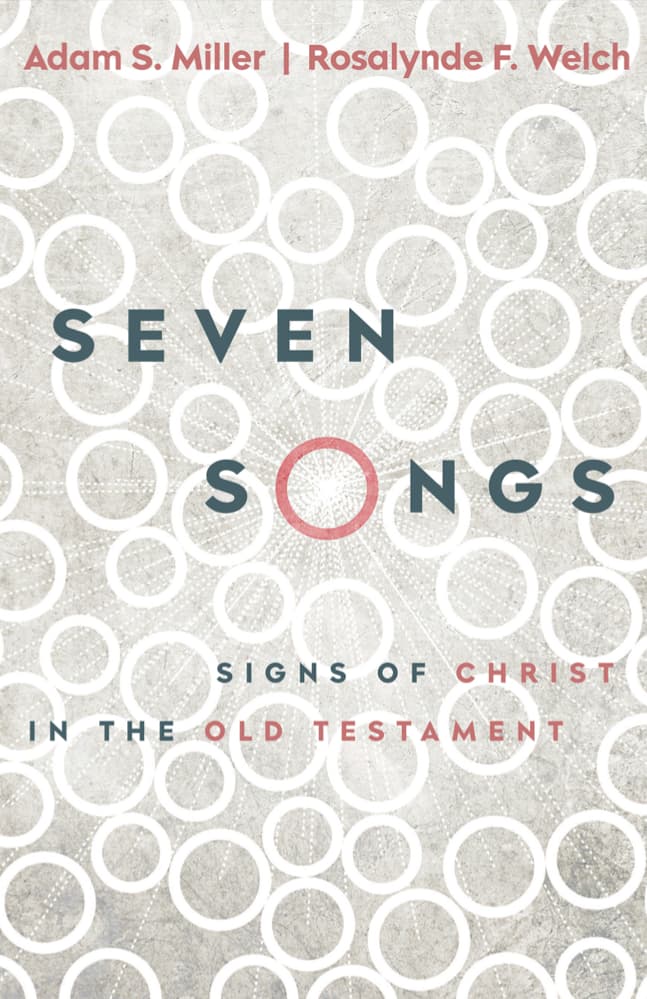
Seven Songs: Signs of Christ in the Old Testament, by Adam S. Miller and Rosalynde F. Welch, is a significant and rewarding addition to their thematic series. Having appreciated previous contributions like Seven Gospels and Seven Visions, this volume immediately captured attention for its focused engagement at the intersection of theology and ancient song. Structured as an epistolary dialogue between two accomplished disciple-scholars, the book models a deeply engaged approach to scripture, fulfilling the expressed intent to move beyond a simplistic devotional reading into sustained theological work while remaining accessible to general readers. It successfully positions the Old Testament’s poetic… Read More
-
•
•
3 responses

About a year ago I read and wrote a post on 1st Clement, arguably the earliest Christian document outside of the New Testament. I finally got around to reading the Didache, a Christian treatise that is also in the running for oldest authentic Christian document after the apostles (the confidence intervals for the documents coming from the “Apostolic Fathers” tend to overlap), which makes it relevant to our understanding of the Great Apostasy. While 1st Clement is a document by a named author who was very clearly trying to make things work out in the aftermath of the apostles,… Read More
-
•
•
17 responses
Earlier this week, The Church of Jesus Christ of Latter-day Saints updated its General Handbook, most notably in the section regarding Bible translations. For those of us following the conversation at From the Desk—including the interview and copost with Joshua Sears last week—the timing feels serendipitous. For the better part of a century, the cultural assumption in the Church has been that the King James Version (KJV) is the only “safe” translation, a sentiment largely inspired by J. Reuben Clark’s mid-20th-century defense of the text. However, the new Handbook update marks a monumental shift, officially validating what faithful LDS scholars… Read More
-
•
•
2 responses
How did you react to Church yesterday? What did you notice? Did you end up thinking differently? [In case you missed this last week, I was ill and didn’t post.] Do you think your reactions were what they should be? Were they ethical? This is the latest invitation for reactions to local meetings, continuing the spirit of my post on September 25th about how we receive what happens in Church meetings—sermons, lessons and anything else—and enter a conversation with them, magnifying what was said or adding what we think. In these posts I’m asking us all to think about how… Read More
-
Come Follow Me Currculum, Doctrine and Covenants, Latter-day Saint Thought, Poetry, SS Lesson – Doctrine and Covenants
•
•
One response
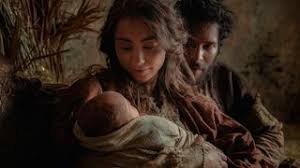
One advantage to providing the poetry for these lessons early is that it allows teachers and others a little time to adjust the timing of lessons. For example, this coming week’s lesson in Sunday School should be on the Family (see last week’s post), but given that the coming lesson is on the Sunday before Christmas, teachers might want to substitute this lesson instead, a lesson on Christ the Sunday before Christmas seems like a much better fit, in my opinion. And, I think this week I will even limit my comments—I’m not sure I can add much to the… Read More
-
•
•
23 responses
So lately I’ve been noticing some rhetoric on the right that seems at odds with what had been more standard claims to a great devotion to the constitution. I’m probably not as linked into these networks as many others, so I’m curious what additional information T&S readers may know. Read More
-
•
•
9 responses
For many Latter-day Saints, the idea of using a “Study Bible”—often written by non-LDS scholars and using modern translations—can feel like stepping onto shaky ground. We love the King James Version; it’s the language of the Restoration, the Book of Mormon, and our temple liturgy. Yet, most of us have also experienced the “hypnotizing monotony” of reading words we don’t fully understand, missing the rich historical context that ancient readers took for granted. In a practical and illuminating new interview over at the Latter-day Saint history blog, From the Desk, BYU ancient scripture professor Joshua Sears demystifies the Study Bible,… Read More
-
•
•
30 responses

The first time I showed clips from Leni Riefenstahl’s Triumph of the Will while teaching about Nazi Germany, I was not expecting to be overwhelmed by grief and anger and revulsion. Read More
-
•
•
4 responses

Psychedelics are having quite the moment right now, with many people claiming, or at least implying that they can provide a chemical shortcut to the kind of numinous affect that has traditionally been the purview of conventional religious practice, whether it’s praying in the celestial room while fasting, focusing on the Eucharist in a perpetual adoration chapel, or meditating under the Bodhi tree. As you can imagine, I’m skeptical. Warm fuzzies are definitely part of religion, but it’s not the main thing. Christ didn’t die for us to feel the spirit, he died to redeem us and to pave the… Read More
-
•
•
One response
Most Latter-day Saints know that for over a century, the Church restricted men of black African descent from holding the priesthood and black members from temple ordinances, but the specific origins of this ban—and specifically how Brigham Young’s teachings on the “curse of Cain” hardened into policy—remain a source of confusion and pain for many. Did it begin with Joseph Smith, or was it a later development? A recent interview over at the Latter-day Saint history blog, From the Desk, tackles these difficult questions head-on, featuring historian W. Paul Reeve, author of Let’s Talk About Race and Priesthood, who cuts… Read More
-
•
•
7 responses

About a year ago my oldest sons were invited by some of their classmates to play volleyball at one of the local Korean Christian churches. We got there…and there was no volleyball, just an eager-looking freshman sitting in front with a Bible. Of course, coming from a proselytizing faith ourselves, we knew exactly what was going on. They had several hours of the kind of hip, peppy sermonizing and singing that our Protestant counterparts have spent decades honing, and when I came to pick them up they were eating a potluck-style lunch. I got to meet the impeccably polite and… Read More
-
Come Follow Me Currculum, Doctrine and Covenants, Latter-day Saint Thought, Poetry, SS Lesson – Doctrine and Covenants
•
•
2 responses
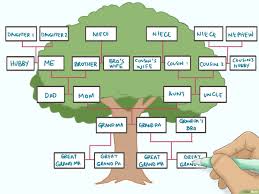
The LDS focus on the family is one of our best-known doctrines—an idea largely based on our belief that we are children of heavenly parents. As a result of these beliefs, we consistently worry about how well we are doing as parents, and about the strength of our family relationships. I often wonder if we wouldn’t do better to stop worrying and simply try our best to love each other. How to do that requires a constant effort. Regardless, our attention to issues of family life and how to strengthen families is pretty universal, although our approach is admittedly controversial… Read More
-
•
•
26 responses
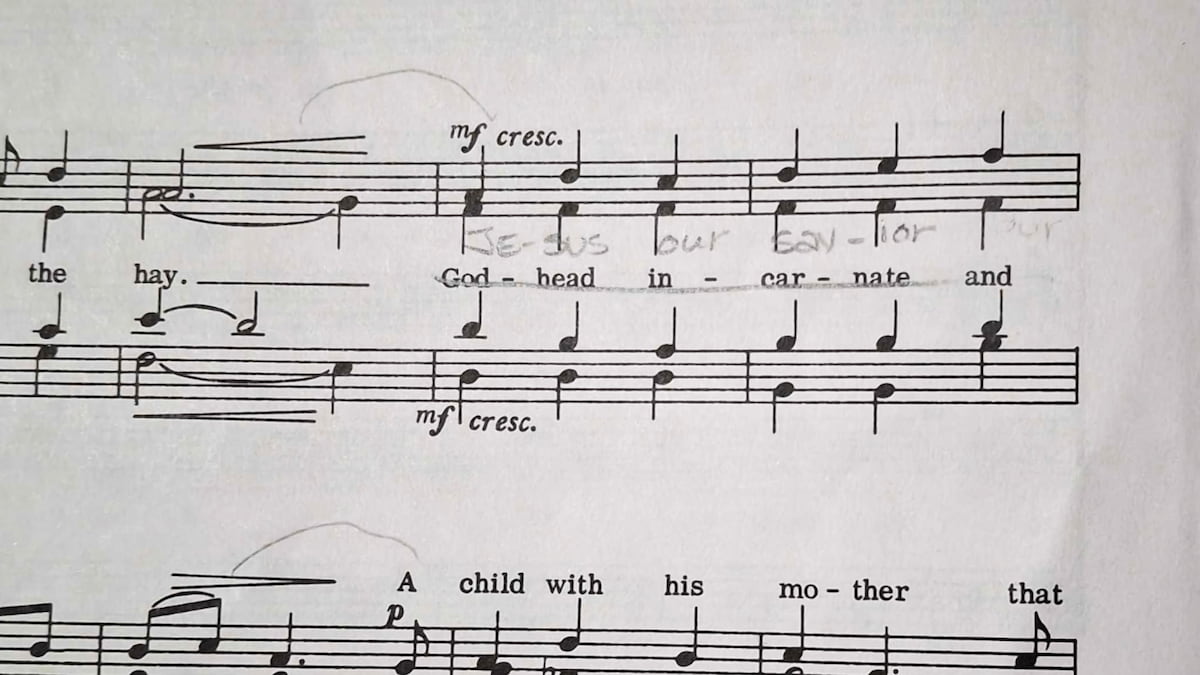
A popular choral piece for Christmas performances (at least in Utah) is John Rutter’s Candlelight Carol. It is a beautiful piece, but one thing that has struck me as interesting is that when it is performed in Latter-day Saint circles, there is a line that tends to be modified. While the desire to ensure our hymns reflect our doctrine is admirable, I believe the need for this specific modification is debatable. In fact, by redacting the text, we might be missing out on a profound theological truth about the Savior. Read More
-
•
•
6 responses
There was a time, not all that long ago, when the Internet was going to solve everything. The truth was out there, freely accessible, and could no longer be hidden. All you had to do was look, and if you remained ignorant, it was both an intellectual and a moral failure. Read More
-
•
•
11 responses
When members of a certain stripe are discussing whether a movie is appropriate despite its R-rating it’s common to say “it’s just violence” (or another one: “there are a handful of F-bombs”). It’s also routine for members of a different stripe to bemoan the fact that sex is considered the be-all for appropriateness in movies when violence should be considered just as much. I agree that violence (and swearing, for that matter) are both spiritually deadening, but I actually agree with the take that sexuality in movies is particularly dangerous and damaging for most people (with some exceptions to-be-discussed). For… Read More
-
•
•
3 responses
How did you react to Church yesterday? What did you notice? Did you end up thinking differently? Do you think your reactions were what they should be? Were they ethical? This is the latest invitation for reactions to local meetings, continuing the spirit of my post on September 25th about how we can take what happens in Church meetings—sermons, lessons and anything else—and enter a conversation with them, magnifying what was said or adding what we think. The point here is that no matter how poorly prepared the speaker or teacher is, we can still find elements in what is… Read More
-
Come Follow Me Currculum, Doctrine and Covenants, Latter-day Saint Thought, Poetry, SS Lesson – Doctrine and Covenants
•
•
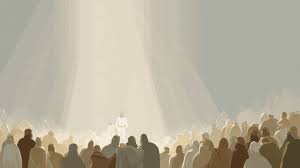
When I think about the phrase “We Believe”, I lean to thinking that the more important word is “We” instead of the traditional focus on “Believe”. And I think the history of the early Church in the 1830s supports this focus. Many members of the Church were decidedly anti-creedal; i.e., they were against having a creed or mandatory statement of belief like most other Churches had. So it seems to me that Joseph Smith, when he composed the Wentworth Letter that contained what became the Articles of Faith, was providing a description of our beliefs, not a list meant to… Read More
-
•
•
4 responses

Griffin, Brenton. “‘Neutral in Matters of Party Politics’?: The Uneasy Place of The Mormon Church within Commonwealth Politics.” The Journal of Imperial and Commonwealth History(2025): 1-15. This current debate historicises and scrutinises the claim of the Church of Jesus Christ of Latter-day Saints, more commonly known as the Mormon Church, in regards to its stance of ‘political neutrality’, particularly in relation to the Commonwealth. Over the last several decades, the Church has pronounced itself as politically neutral, though scholars have critiqued this in regard to its actions within the United States. Where this debate diverges from current scholarship, however, is… Read More
-
•
•
One response
For generations of Latter-day Saints, the story of John Taylor’s pocket watch stopping a bullet at Carthage Jail has been a defining symbol of the Martyrdom, seemingly frozen in time at 5:16 p.m. However, for nearly as long as the watch has been displayed at the Church History Museum, questions have persisted: did a bullet actually strike it, or—as proposed by researchers in the late 1990s—did the damage occur when Taylor fell against the windowsill? In relentless pursuit of accurate portrayals of our history, the Church History Department commissioned an exhaustive forensic analysis to settle the debate in 2020, and… Read More
-
•
•
11 responses

[Note: I know that in my last post I noted that, pursuant to Elder Gong’s counsel on this, I wouldn’t be posting any more AI depictions of deity, but this post was in the queue before I was aware of the Gong talk, so this will be my last AI depiction of deity.] One of the most exciting and intriguing big-picture theories in physics is the idea that our universe is the inside of a black hole in another parent universe. Unlike many other creative big theories in physics that started almost as kind of a fun lark or an… Read More
-
•
•

In the United States, tomorrow is Thanksgiving, ending a period when many people complain about Christmas coming earlier and earlier. If it isn’t the advertisements, it’s the music that somehow reaches our hearing earlier than expected. While I know many people love Christmas music and don’t mind hearing it almost all year, others are bothered by having Christmas overwhelm Thanksgiving—and I admit that I wonder if too much Christmas might reduce the impact of the holiday. This year I began thinking about the relationship between the two holidays. Because the controversy over when the Christmas season starts almost puts the… Read More
-
•
•
8 responses
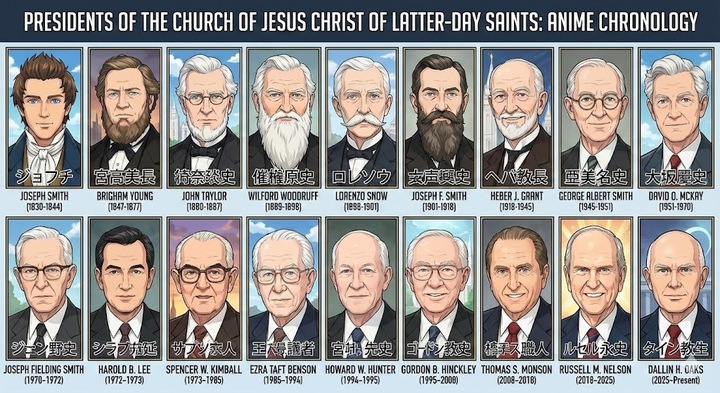
There have been several big AI advancements since I last wrote on the subject. Gemini 3, the frontier model from Google, was just released. The coding and writing is noticeably, but incrementally better (since they’re releasing models quicker there aren’t any huge jumps anymore like there was from GPT 3.0 to 3.5), but where it really shines is creating interactive apps/games on the fly (for computer, doesn’t work so great for mobile devices as far as I can tell). I generated: A first-person, 3D simulation of the tabernacle. I just asked it to create a biblically accurate representation. I… Read More
-
•
•
3 responses
How did you react to Church yesterday? What did you notice? Did you end up thinking differently? Do you think your reactions were what they should be? Were they ethical? This is the latest invitation for reactions to local meetings, continuing the spirit of my post on September 25th about how we can take what happens in Church meetings—sermons, lessons and anything else—and enter a conversation with them, magnifying what was said or adding what we think. The point here is that no matter how poorly prepared the speaker or teacher is, we can still find elements in what is… Read More


